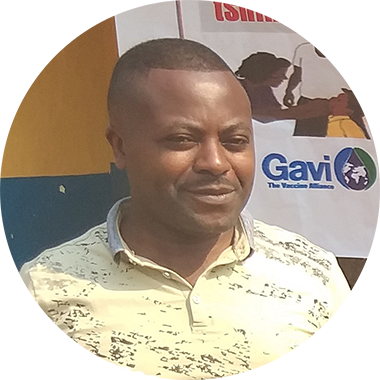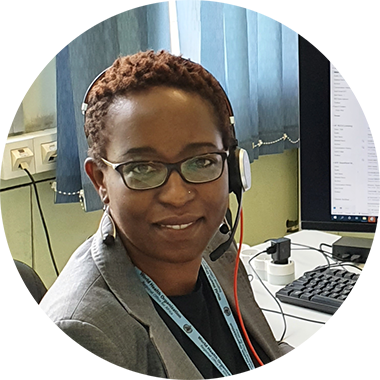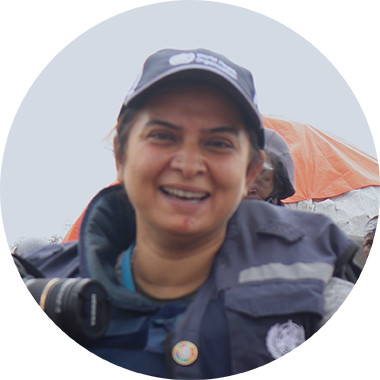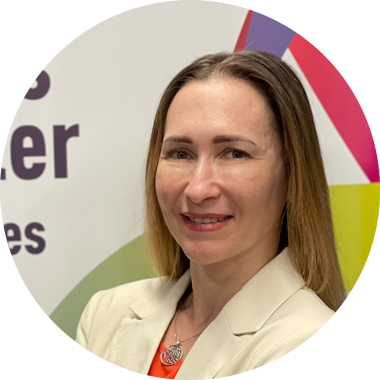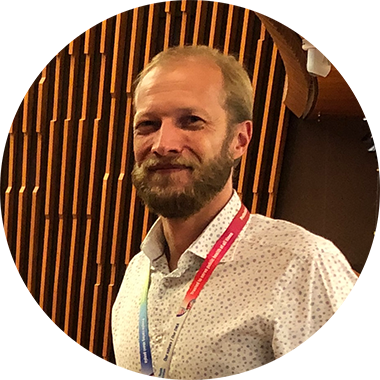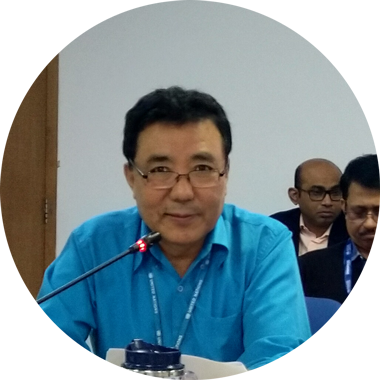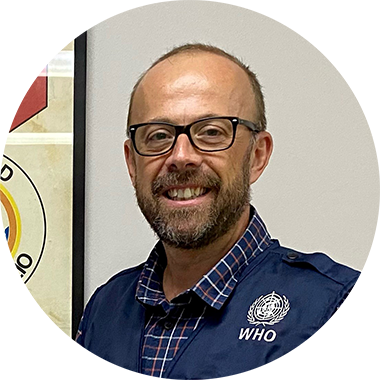
Abdullah Mansoory
Finance Assistant – Afghanistan Country Office
Abdullah Mansoory is proud to work for WHO and knows that he is contributing to the Organization’s mission and to the people of Afghanistan. Working in finance, he sees his team’s efforts pay off in the plane loads of procured medication and medical equipment that come to the country and are then moved to storage or immediately transported to the hospitals and centres where they are needed. Abdullah explains, “The goods procured have been purchased to meet carefully assessed needs; they were budgeted for so I can pay for them and the transport labour, all according to WHO’s strict financial rules and regulations.” He knows how important this is, as WHO has regular audits to ensure that processes meet specified standards. Seeing how his work directly benefits those in need motivates him to continue his work, even when the security situation makes things difficult.
Finance wasn’t Abdullah’s initial vocation, and even today he still enjoys teaching, which he often does in his spare time. He explains, “I wanted to further my qualifications as soon as I had access to a university, while continuing to serve my country through WHO’s country office programmes, in the best way possible. I enjoyed finance and had gained a lot of knowledge in that area.” Abdullah attended night school and qualified in accounting, and as a life-long learner he is now continuing towards a master’s degree.
Today, when Abdullah walks down a street and sees a COVID-19 testing centre, he is proud to know that thousands of Afghans are served by this facility. “I may have done the site visits, estimated the needs, reviewed the quotations, assessed evaluations and checked the offers, or made the transactions for the final work,” he says. When COVID-19 hit Afghanistan, the teams worked tirelessly to build testing centres in record time. Once a site is built, it doesn’t just serve the Afghan people, as WHO has mechanisms for collating the testing data and using it for policy advice and decisions. Abdullah proudly adds that he’s also involved in the financial administration for facilitating trainings for tuberculosis, malaria, polio, nutrition, gender-based violence and many more, and all of these are serving health care workers and communities around the country. He recalls that after an audit, he began visiting WHO sub-offices in the provinces to support capacity building and ensure all of WHO’s financial rules and regulations are carefully followed. “We have had some challenging times recently; for example, finding new mechanisms that will ensure our dedicated workforce are paid and can continue to work for WHO when the banks are not functioning, but we work together with partners in a team to reach our goals.” He adds that he was extremely touched and proud when WHO’s Director-General visited the office just after the recent change in government. “This gave us all such a boost of energy and I felt privileged!”
“To know that my functions are critical helps me to focus when there are so many uncertainties.”
Abdullah was proud to be designated as critical staff during the recent pandemic and security conflict. “To know that my functions are critical helps me to focus when there are so many uncertainties,” he says. He continues to share his knowledge as he did when he was a teacher and to contribute to building a better future for Afghanistan via WHO’s mission and their country office programmes.

